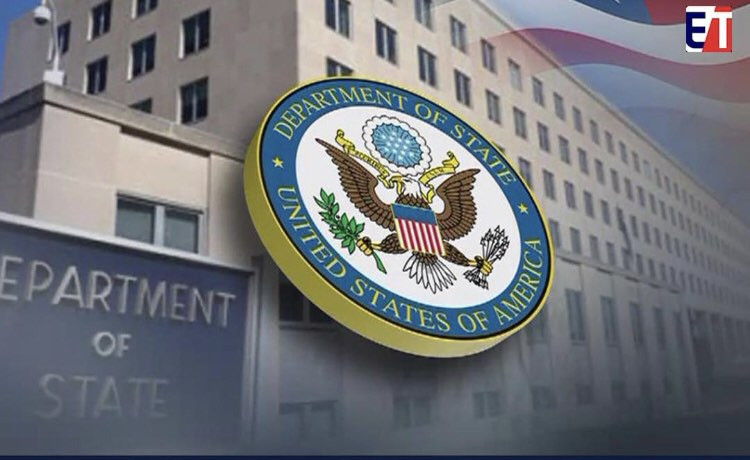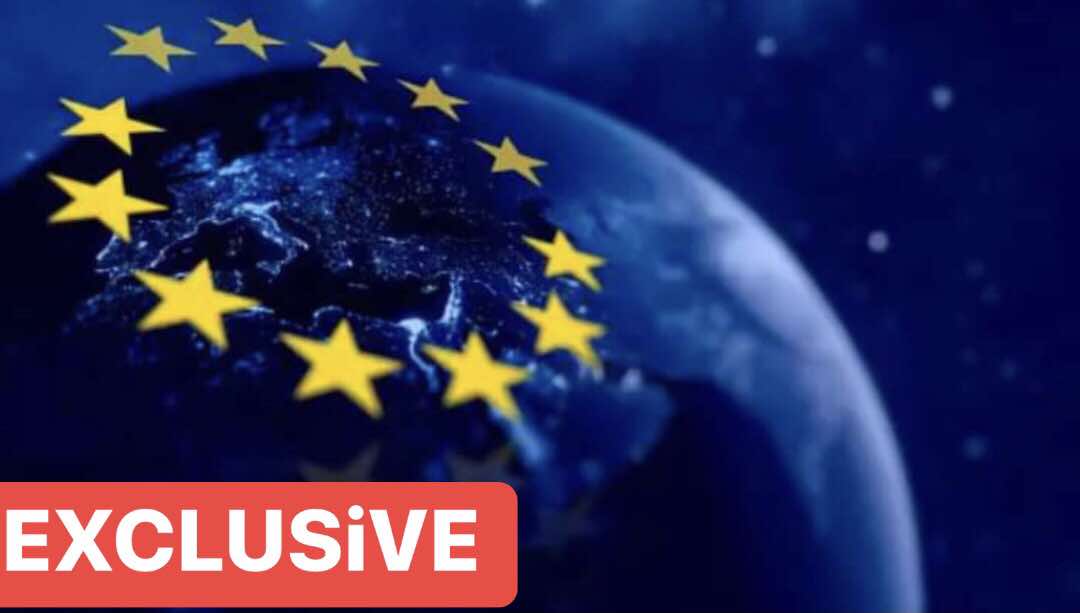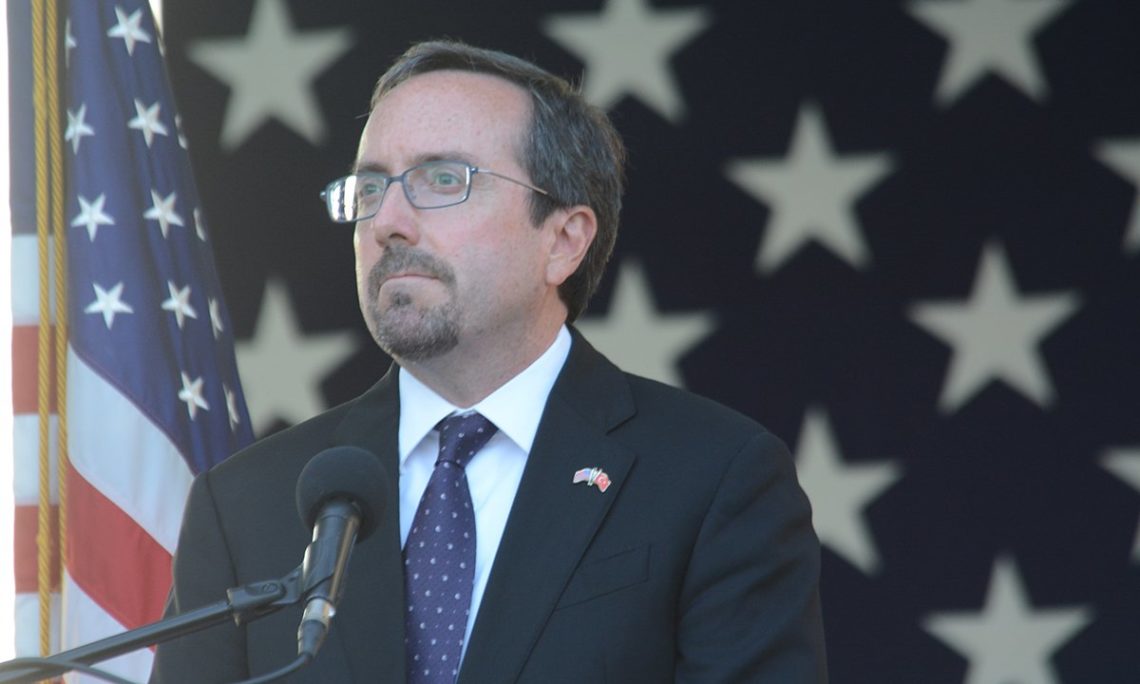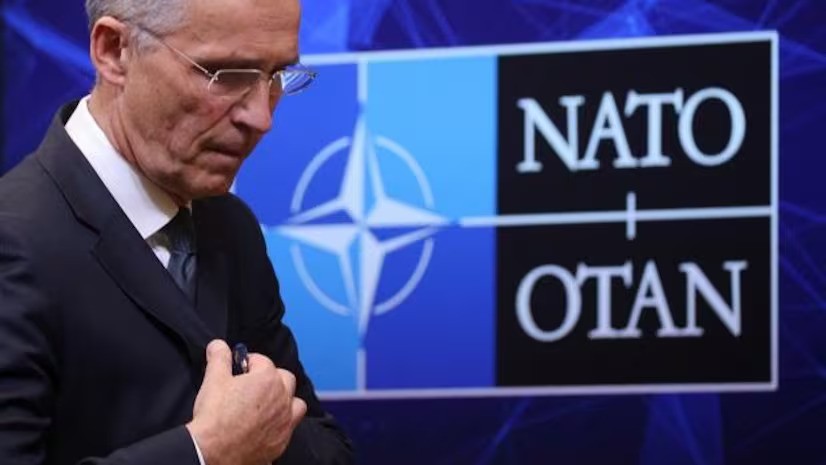Allies will also take major steps to strengthen deterrence and defence, with the adoption of three new regional defence plans to counter the two main threats to NATO: Russia and terrorism. The plans will be supported by 300,000 troops on higher readiness, including substantial air and naval combat power.
Allies are also expected to endorse a Defence Production Action Plan to “aggregate demand, boost capacity, and increase interoperability” and a more ambitious defence investment pledge to invest a minimum of 2% of Gross Domestic Product annually on defence. The Secretary General welcomed that NATO’s new defence spending estimates, released today, show a real increase of 8.3% for European Allies and Canada in 2023. "This is the biggest increase in decades, and the ninth consecutive year of increases in our defence spending," said the Secretary General. "So European Allies and Canada will have invested over 450 billion extra US dollars since we agreed our defence investment pledge in 2014."
The leaders of Australia, New Zealand, Japan and South Korea, as well as the European Union, will also take part in the Vilnius Summit. This will be Finland’s first Summit as a NATO Ally, the Secretary General noted, adding: “we look forward to Sweden joining as soon as possible.” Following a constructive meeting of senior officials from Türkiye, Sweden and Finland on Thursday, Mr Stoltenberg will meet with President Erdogan and Prime Minister Kristersson in Vilnius on 10 July, as the next step.
At the Vilnius Summit, the allies will reiterate support for Georgia’s territorial integrity and sovereignty within its internationally recognized borders, said NATO Secretary General Jens Stoltenberg at the press conference in Brussels.
„Well, our message has been for a long time – and was reiterated at a previous Summit – that we need to strengthen our partnership with partners that are vulnerable for Russian interference and under pressure. At the Summit, Allies will reiterate our support to the territorial integrity and sovereignty of Georgia within its internationally recognised borders. Allies will also, I expect, reaffirm Georgia’s right to decide its own future and foreign policy, free from outside intervention.
Therefore, we call on Russia to withdraw its forces it has in Georgia – without any consent from the Georgian government – and to end its recognition and militarisation, of course, and South Ossetia. And I think, also, we have to recognise, once again, the importance that Georgia plays in also strengthening the partnership between NATO and Georgia, and the commitment to Euro-Atlantic security. So we will address also other partners than Ukraine. Of course, Ukraine will be at the top of the agenda, because there’s a full-fledged war taking place in Ukraine, but we will also address the importance of strengthening our partnership with a country like Georgia.“








